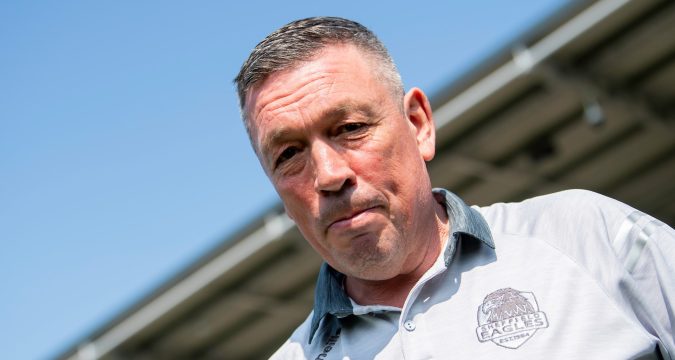 MARK ASTON'S appeal against an 18-month ban for breaching medical rules has been dropped the day before the case was scheduled to be heard.
The former Sheffield Eagles coach was suspended from coaching last October after an operational rules tribunal deemed he had broken rules around returning to play after a head injury.
Aston took the case
MARK ASTON'S appeal against an 18-month ban for breaching medical rules has been dropped the day before the case was scheduled to be heard.
The former Sheffield Eagles coach was suspended from coaching last October after an operational rules tribunal deemed he had broken rules around returning to play after a head injury.
Aston took the case RFL and Mark Aston in war of words after former Sheffield Eagles boss drops ban appeal
 MARK ASTON'S appeal against an 18-month ban for breaching medical rules has been dropped the day before the case was scheduled to be heard.
The former Sheffield Eagles coach was suspended from coaching last October after an operational rules tribunal deemed he had broken rules around returning to play after a head injury.
Aston took the case
MARK ASTON'S appeal against an 18-month ban for breaching medical rules has been dropped the day before the case was scheduled to be heard.
The former Sheffield Eagles coach was suspended from coaching last October after an operational rules tribunal deemed he had broken rules around returning to play after a head injury.
Aston took the case 